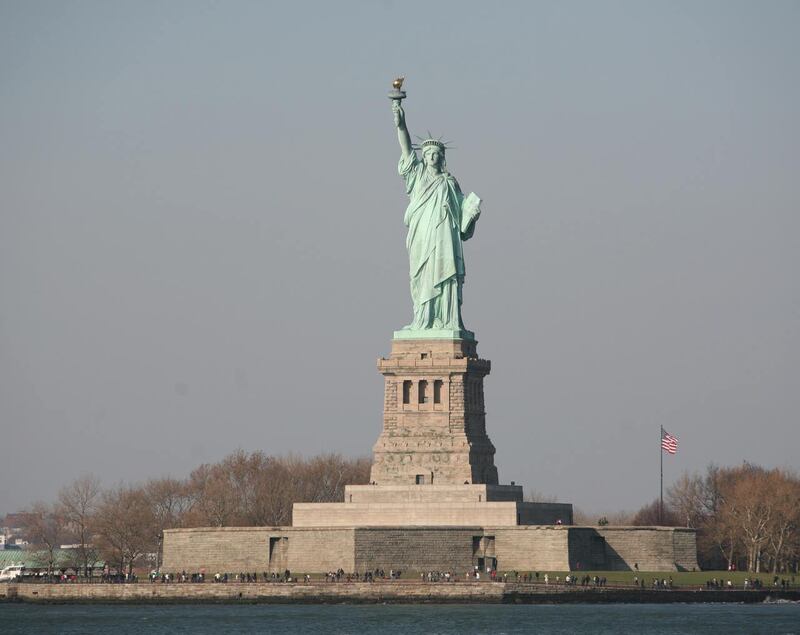When I arrived in New York City in August 2021, as it emerged from Covid restrictions, it felt like an oasis.
A month earlier, I’d received a scholarship to study there. It was a new beginning – the freedom to study in NYC while travelling as a college athlete, all under the leadership of an Irish-American president.
Through these experiences, I’ve gained valuable insights that I believe Ireland could use to enhance its influence during the Trump presidency.
The first Trump administration provided the feeling that America was coming out of decline, while the Biden years saw its economy become the envy of the world.
Over time, I saw this sentiment turn to frustration and then anger, as Americans perceived their world standing to be declining as rapidly as their leader’s cognitive abilities.
Blunders like Gaza and Afghanistan saw Americans take interest in foreign policy in a way not seen since Vietnam.
This anger was multiplied by rising inflation and interest rates, an economic recipe for burning the middle class.
Many Americans began to question why their government spent billions on foreign interventions while they struggled with the cost of everyday living. A resentment that echoes through Irish colonial history.
As I advanced in college, I prioritized engaging with the Irish-American community in New York. I discovered a tale of two cities.
Organisations that played a crucial role in shaping Ireland’s history, most recently with the Good Friday Agreement, were made up exclusively of a generation that emigrated for low-skilled jobs and have members that are still highly influential in the American labour movement.

My generation emigrated for skilled labor and focuses on digital networking and social inclusion. Unfortunately, there’s little cross-over.
Successive Irish governments have been caught sucking on the golden thumb of corporate America, neglecting grassroots engagement with Irish-American communities on new issues, resulting in fragmentation and decline in political relevance, particularly in issues close to Irish hearts such as emigration and workers’ rights. The impact of which is now manifesting widely across American society.
Other nations like India, Israel and South Korea understand much of their geopolitical power comes from their diaspora in America and their collective votes. This allowed them to weather recent global instability with the almost unconditional and bipartisan support of the US government.
A new plan should unite the Irish-American community across the country under our shared values. Our connections made through foreign investment initiatives must be encouraged to make tax-free donations to Irish-American non-profits.
Crucially, we should use these relationships in assisting J1 Visa recipients in securing jobs in geopolitically strategic corporations/industries, such as pharmaceuticals, alongside reciprocal programs that encourage Americans to work and study in Ireland. Building generational economic and social bridges ultimately will expand our global influence and strengthen our economy.
Integrating the younger generation into the backbone of the Irish-American community is essential for resurrecting its influence and securing its future.
The Irish government should collaborate with the leadership of such organisations to ensure alignment of their efforts towards shared values. The Israelis have been remarkably successful in this regard – synagogues nationwide are very engaged with local members of congress.
If we get the balance right between tradition and innovation, Irish-America will not only preserve the legacy of building America but also reaffirm significance in shaping its cultural and political landscape, with Irish values such as workers' rights and emigration at its heart.
The 20th century saw a transformation in Ireland. Historical leaders recognised the changing global landscape and the instability it brought, prompting an opportunity to call upon Ireland’s “exiled children in America” before the 1916 Rising, affecting the island’s internal politics for decades.
The 21st century has the potential to be a transformative era for Ireland’s influence in the world, provided Simon and Michael acknowledge the shifting global order and revisit that call.


